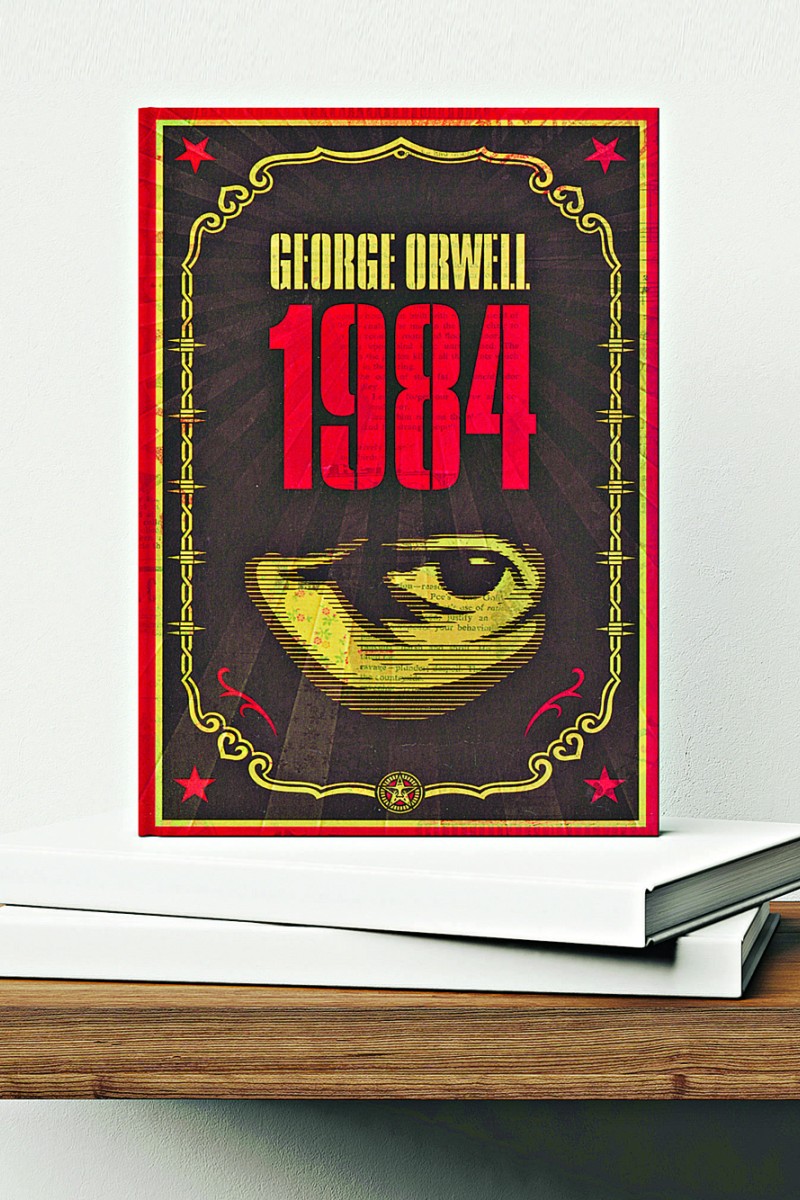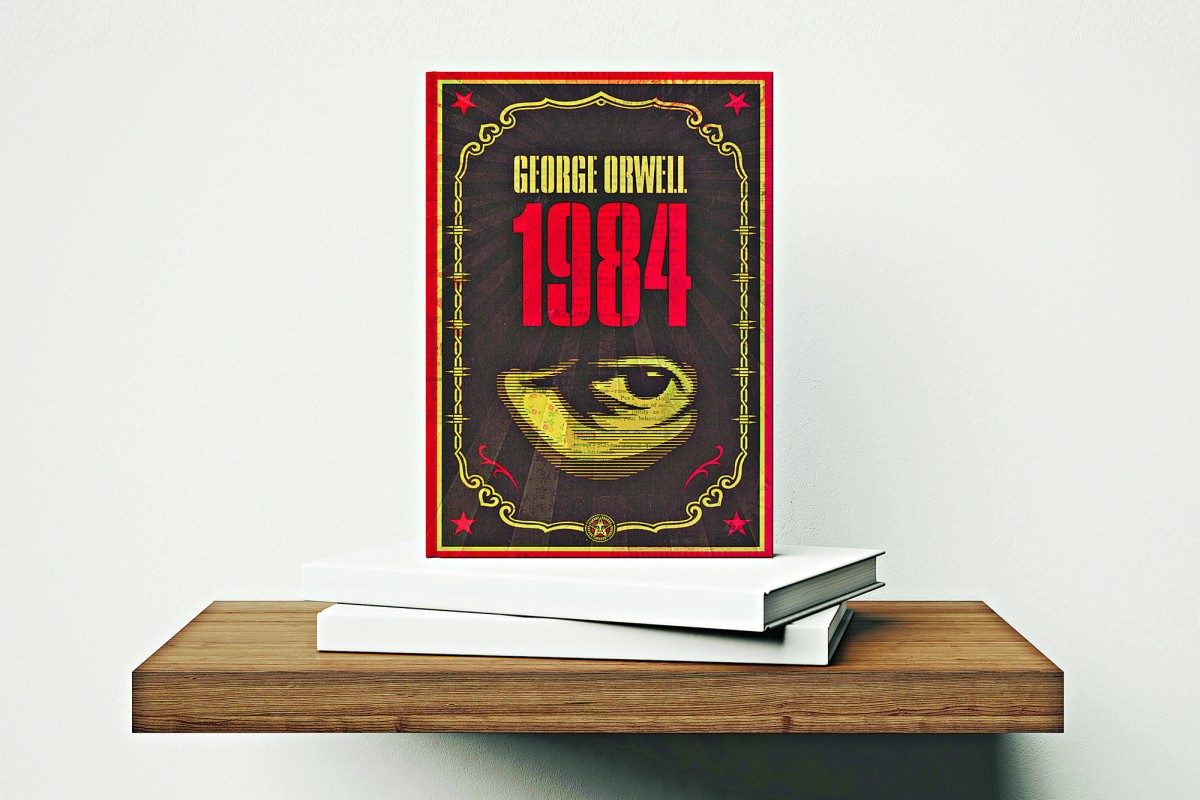
Golden 10: George Orwell’s 1984 is frighteningly foreboding

When you get to university, you will be so busy meeting lots of interesting people, learning new subjects and joining different societies that you won’t have much time to just sit down and lose yourself in a good book.
So make the most of the summer holidays by reading up on some books you really should have read before you get to university. Each week,we will explain why the book deserves to be on the list. This week, it’s 1984 by George Orwell.
What’s the book about?
Published in 1949, 1984 is a dystopian novel about a future society which lives under total government surveillance, where citizens are persecuted for any independent thought or action.
The story follows Winston Smith, an ordinary man working for the Ministry of Truth, who begins to rebel inwardly against the party in a search for truth, freedom and love. Winston works in the Records Department in the Ministry of Truth, rewriting and distorting history.
To escape Big Brother’s tyranny, at least inside his own mind, Winston begins a diary – an act punishable by death. Winston is determined to remain human under inhuman circumstances.
Yet telescreens are placed everywhere – in his home, in his cubicle at work, in the cafeteria where he eats, even in the bathroom stalls. His every move is watched. No place is safe.
He meets Julia, and the two try to secretly meet up, but with telescreens everywhere, it is almost impossible to be alone, even with your thoughts.
What’s so great about it?
Concepts and phrases introduced in 1984 have become common today, including “Big Brother” and “the Thought Police”. While some of the horrors of this book have remained fictitious, others have eerily come to fruition in our time.
Orwell saw the future in 1949, when the book was first published, and wrote about his fears decades before today’s social, political and technological advancements. Because the book remains relevant today as both a social commentary and a warning of what society could become, it’s a must-read before university.
As well as Big Brother and The Thought Police, Newspeak is eerily similar to textspeak. The Merriam-Webster Dictionary defines Newspeak as: “noun, usage: often capitalised. Propagandistic language marked by euphemism, circumlocution, and the inversion of customary meanings”.
Why you should read it before you get to university:
University is a time where you expand your horizons, both educationally and politically. It’s a time to challenge boundaries and question what you know. 1984 is one of the greatest political commentaries of all time, and offers a lot of insightful criticisms of society that remains relevant today.
In the 1940s, when Orwell wrote 1984, he saw the worst of humanity. Stalinist Russia and Nazi Germany were both alive and committing horrible atrocities against their citizens and others.
1984 serves as a warning and a reminder of the terrible effects of power, and totalitarian control, and these principles can be applied to a wide range of subjects and disciplines, from politics to business studies.
If you enjoy 1984, you might also want to try:
Brave New World by Aldous Huxley
Farenheit 451 by Ray Bradbury
Lord of the Flies by William Golding